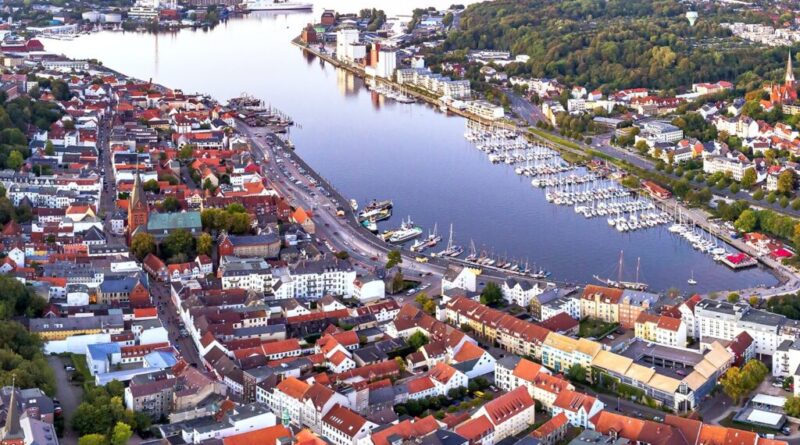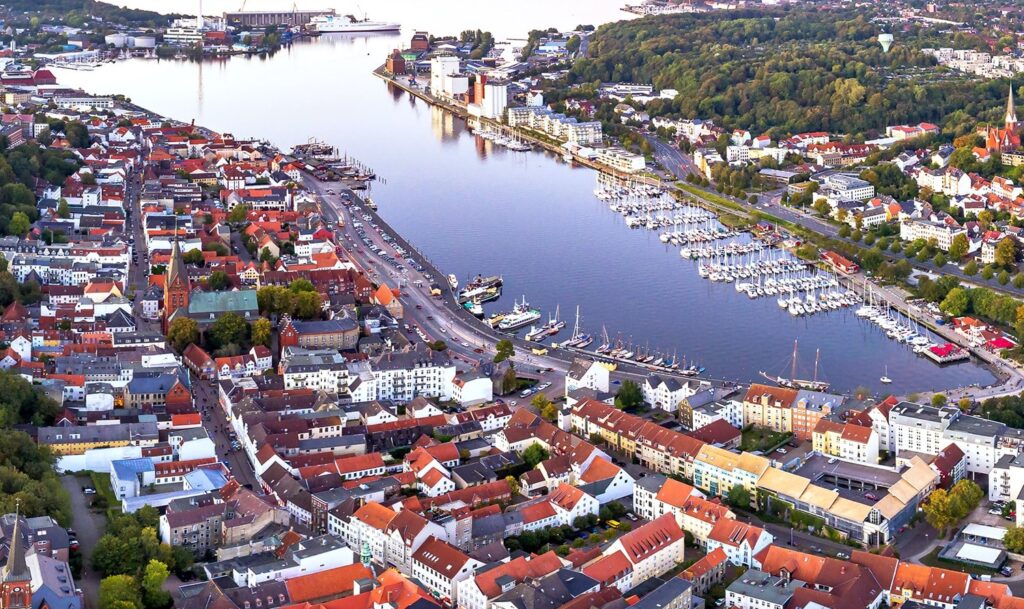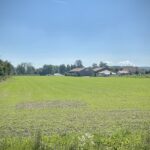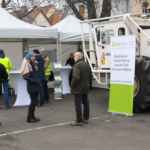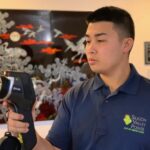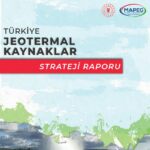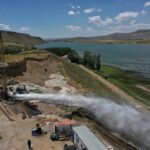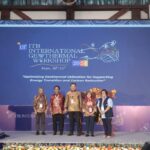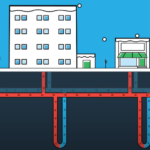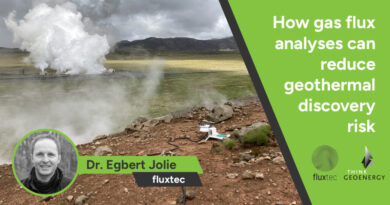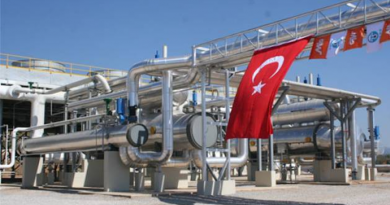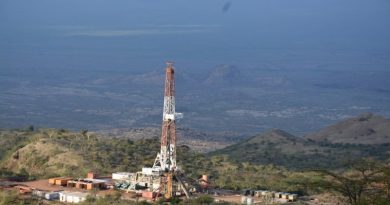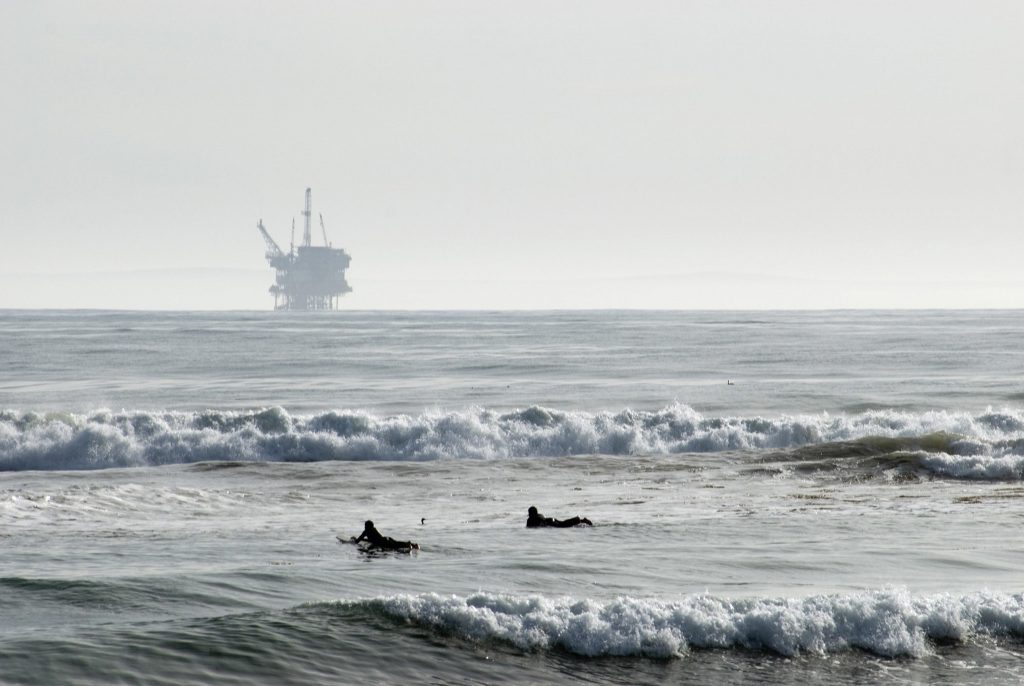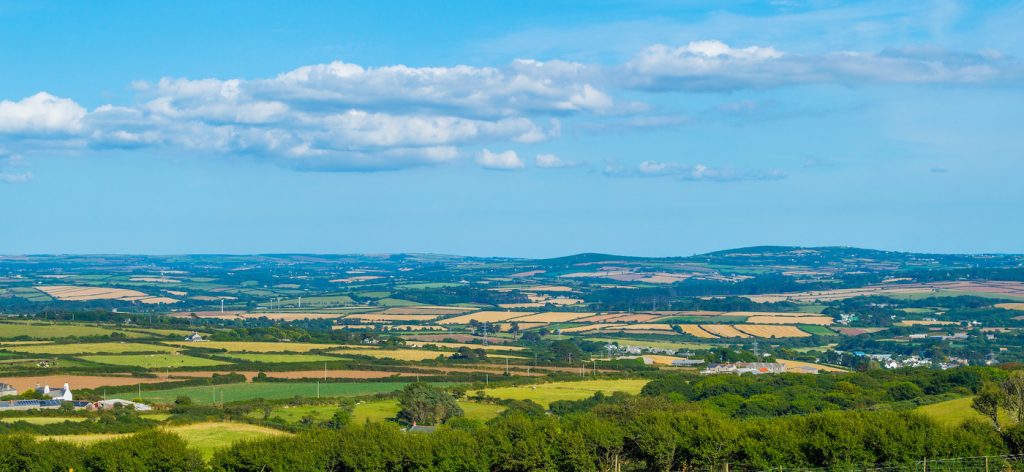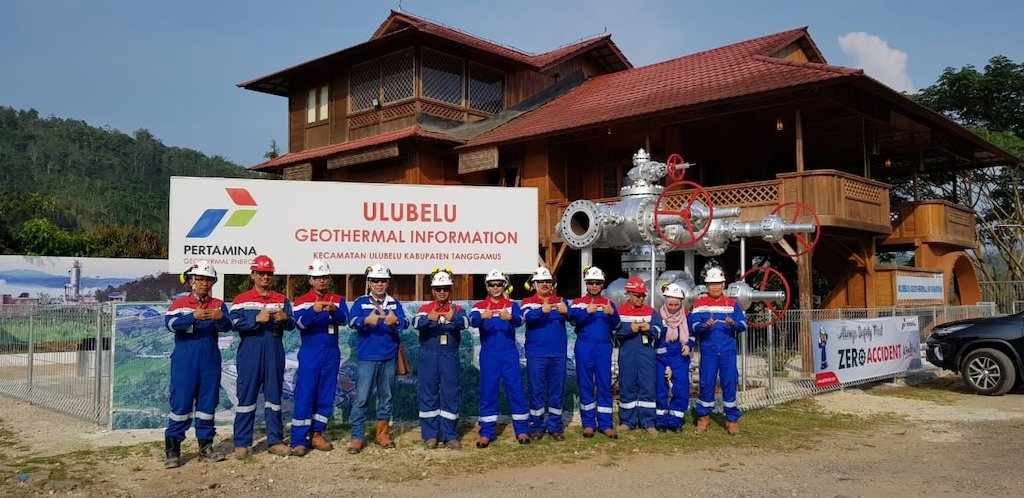Not enough geothermal resources for the city of Flensburg, Germany
Energy Disrupter
Extensive evaluation concludes lack of geological conditions supporting a geothermal project.
After an extensive evaluation of the subsurface data in Flensburg, Germany, Innargi has come to the conclusion that the geothermal resource does not have enough potential for heating at the current state of technology.
After an extensive evaluation of the subsurface data in Flensburg, Germany, Innargi has come to the conclusion that the geothermal resource does not have enough potential for district heating at scale.
The results of the evaluation came earlier than expected mainly due to the open and trusting collaboration established between Innargi and local utility Stadtwerke Flensburg. Torben Krarup, Head of Subsurface at Innargi, explains that there are reservoirs in the subsurface of Flensburg, but they are “thin and do in combination with lower temperatures not give the potential needed for a heat source.”
The municipal utilities did not incur any cost for the project, as Innargi covered all the costs. As Krarup explained, “We in Innargi are focused on supporting and delivering geothermal projects that successfully can deliver sustainable renewable energy, that are attractive for households. In Flensburg we do not see that option. We therefore support that Stadtwerke Flensburg continue to pursue other ways to decarbonize the heat supply.”
Highly varied geology in the Northern German Basin
Flensburg is located within the Northern German Basin, a region that has been described as having high geothermal potential on account of subsurface sandstone layers that can act as good geothermal reservoirs. However, the thickness of these sandstone layers vary within the Basin.
“In some areas you have very thick sandstone layers, but in other places, these layers can be very thin,” explains Krarup.“Understanding the geology is the key to understanding the geothermal potential in northern Germany.”
Determining the presence, location, and thickness of this sandstone reservoir was the objective of the evaluation that Innargi conducted. The company’s team of experts evaluated the available well data and seismic data in and around Flensburg, analyzed within the context of the regional geology, and combined the results with data on the heating demand in the city’s district heating grid.
The evaluation that Innargi has done indicates that sandstone reservoirs are too thin and too shallow in and around Flensburg. Hence geothermal development would not be competitive with other carbon free heating resources.
Good collaboration facilitates pre-exploration work
Innargi signed a letter of intent with local utility Stadtwerke Flensburg to explore the geothermal potential in Flensburg in May 2023. In less than half a year, Innargi has done the evaluation of the available data. The faster-than-expected results came about because of good collaboration with Stadtwerke Flensburg, as well as with the Geological Office of the State of Schleswig-Holstein.
“The reason why we were able to work so fast is because we had very good collaboration and support from the authorities to do the data screening,” said Krarup.
Innargi further emphasized the important role that local utility companies play in geothermal assessment. The Stadtwerke can identify areas where geothermal can support the heat supply going into the district heating network. “It’s obviously important to evaluate the geothermal potential in the subsurface – where the heat can be used at surface. This is a very close collaboration between the district heating company and us.” emphasized Krarup.
Flensburg still committed to climate goals
Despite the setback, the town of Flensburg remains steadfast in achieving their goal of being climate-neutral by 2035. “The current result of the geothermal energy investigation does not change the fact that we want to make Stadtwerke Flensburg climate-neutral by 2035, as politically desired and described in our transformation plan. We can now use our resources to concentrate on other components for reducing CO2 emissions, such as heat pumps,” affirms Karsten Müller-Janßen, head of the plant engineering division at the Stadtwerke.
The possibility for geothermal development in Flensburg is still not completely off the table. Innargi specializes in classical hydro geothermal technologies at middle depth, but other developers may introduce pioneering technologies. These, however, have yet to prove themselves technical and economically viable.
There are various research projects and ideas for new geothermal technologies that could make sense for re-evaluation when they reach the appropriate technical maturity. The municipal utilities will monitor this regularly and check whether there is something suitable for Flensburg.
Lessons and future steps
The experience in Flensburg underlines the importance of conducting a detailed screening and evaluation of data in the pre-exploration phase. Innargi has implemented a highly structured data screening phase, thus helping to de-risk and reduce the costs at the early stages of geothermal development.
Krarup assured that the findings in Flensburg does not make other prospects in northern Germany less attractive. “The geology in the northern German Basin is very different from city to city, and even within cities.”
“The results from Flensburg has therefore no impact on the project in Kiel, which we find very promising from a geothermal perspective. We continue to work with Stadtwerke Kiel to evaluate how we can develop geothermal in Kiel.”
Source: Innargi

